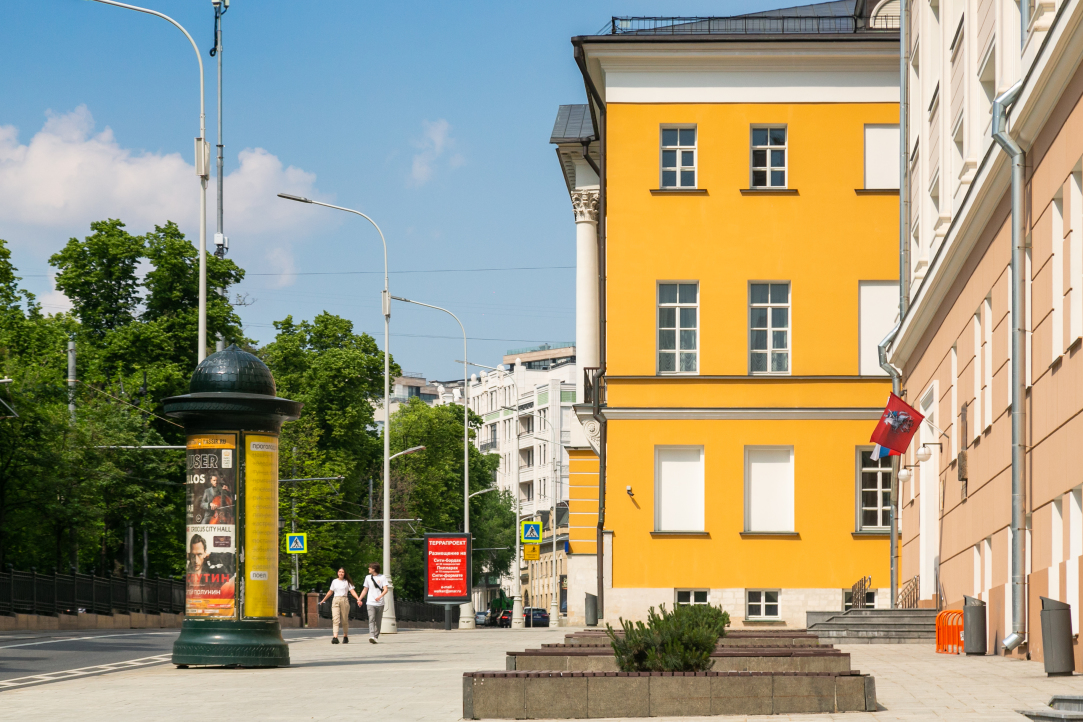HSE University Places First on Forbes Russian University Ranking

HSE became the leader of this ranking for the first time, outperforming Moscow State University, the Moscow Institute of Physics and Technology, and other Russian universities. Universities were assessed on the basis of three indicators, Quality of Education, Quality of Graduates and the ‘Forbes Factor’.
The ranking is entitled ‘Universities for the Future Elite: 100 Best Russian Universities According to Forbes – 2020’. In addition to HSE University, which placed first, the top ten includes Moscow State University, the Moscow Institute of Physics and Technology, Ural Federal University, the Moscow Engineering Physics Institute, MSTU, Tomsk Polytechnic University, ITMO, RANEPA, and the New Economic School.
This year, Forbes has adjusted its ranking methodology, in particular, to better assess the employability of the graduates. As noted in the Forbes materials, the ranking uses three main indicators, Quality of Education, Quality of Graduates, and the ‘Forbes Factor’.
The first indicator takes into account faculty salaries, student/faculty ratio, the share of international students at the university, availability of international internships, and other factors. For the Quality of Graduates indicator, Forbes conducted their own research to establish ‘which universities produce the most sought-after graduates’. 59 companies, employing about 4 million people in total, answered the questions.
The Forbes Factor indicator reflects the prestige of the institution. This year, in particular, the authors of the ranking considered the universities’ positions in leading foreign rankings, such as the QS World University Rankings and the Times Higher Education ranking. In addition, the Forbes Factor takes into account how many of a university's students and recent graduates are on Forbes’s ranking of promising Russians ‘30 under 30’, as well as how many children of Russia's richest businessmen study or have studied at the given university.
It should be noted that this year, HSE University entered the top 300 of the QS World University Ranking for the first time, taking 298th place, thereby improving its ranking from last year by 24 positions. Higher standing in the global ranking is mainly due to the University’s advancement in the category of academic reputation. HSE is currently included in the world’s top 300 best universities of two ranking agencies: QS and THE. In addition, HSE University ranks among 19 out of 38 QS World University Rankings by Faculty & Subject 2020, where other Russian universities are also represented. HSE has also placed in the top 100 in 5 subjects.
HSE Rector Yaroslav Kuzminov noted in a recent Forbes interview that undergraduate education at leading Russian universities is superior to that of American or Chinese universities.
The way in which students are taught in Russia is not worse but better—the curriculum is more demanding, more intense. The number of subject requirements that undergraduate students need to fulfill abroad is approximately half that of what Russian undergraduate students need to fulfill.
In his opinion, the children of the Russian ‘elite’ go mainly to Russian universities. ‘Often artists and representatives of creative professions send their children abroad. But the national economic and political elite have long been educating their children in Russia.’

